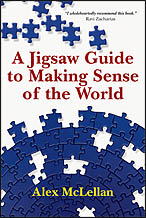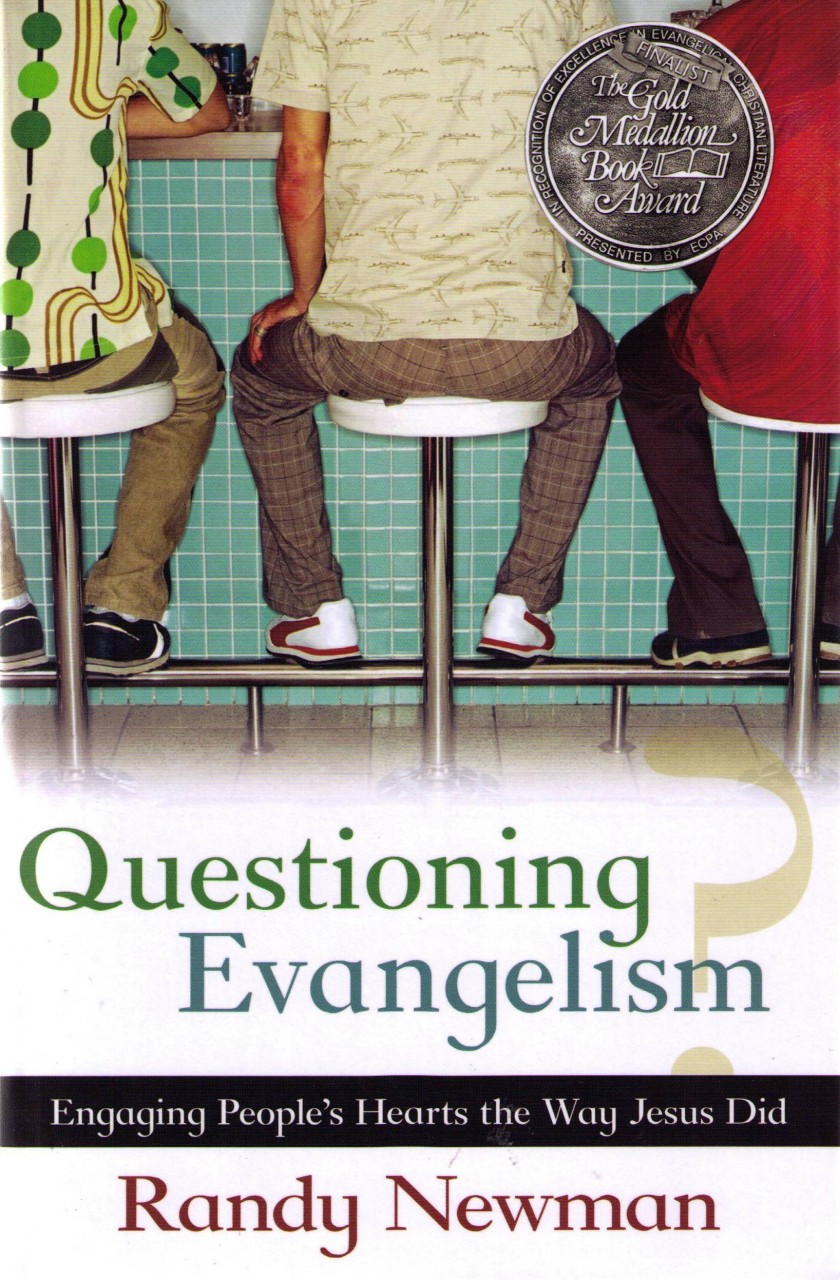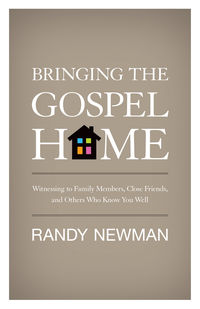
“[The belief scale]. Picture an old set of set of scales, the kind that would tip to the right, tip to the left, or balance in the middle depending on where you place the weight. These positions represent believing that a proposition is true (tipping to the right), believing that a proposition is not true (tipping to the left), or withholding belief about a proposition (balancing in the middle). The weight placed on the scale is reasons to believe one way or the other, and the balance of the scales reflects the balance of belief. (This is similar to the kind of sliding scale used in market research — e.g., “On a scale from one to ten, how strongly do you agree with the following statement?)
The belief scale helps us visualize how reason tips our beliefs one way or the other and how rather than switching on or off, our beliefs emerge by degree . . .
When I have good reason to believe something is true, I will continue to believe it. Others may challenge my belief, suggesting any number of defeaters, but I can fall back on my good reasons to defeat the defeater. I don’t have to overcome every objection to survive the ordeal; all I have to do is make sure enough weight is still tipping me in the right direction. It’s not easy to upset the scales when they’re heavily weighted, and rather than weakening my position, anyone who questions a strong belief will only remind me — and allow me to share — the reason why my belief is so secure. The danger comes when a belief is not reasonably anchored in the real world. A weak belief is vulnerable, which is one reason people would rather not talk about it; if we expose it they may end up believing something else. . . .
A strong belief will remain strong despite the fact we could be wrong. J.P. Moreland puts it well:
Many times we think that believing something with less than complete certainty means we really do not believe it. But this is not true. If you believe something, you must be slightly more certain that it is true than you are that it is false — you must be more than fifty-fifty regarding that belief. And your certainty about that belief can grow.
Someone has said that you do not really hold your beliefs; your beliefs hold you. There is no disputing the fact that a stronger belief makes us more secure.” — Alex McLellan. A Jigsaw Guide to Making Sense of the World. Downers Grove, IL: InterVarsity Press, 2013, 88-89, 92.


Comment: The belief scale is complimentary to Randy Newman’s alphabetic journey of faith in which “someone at A loves to quote the new atheists while someone at Z says, ‘Look, water! What prevents me from being baptized?'” (Bringing the Gospel Home: Witnessing to Family Members, Close Friends, and Others Who Know You Well. Crossway, 2011, 169). As we share the Gospel, we find those with whom we converse falling at different letters/points in their journey* and it is helpful to ask good questions to assess the proper direction for conversation to provide the opportunity for next steps in the journey of faith.
Question: How would you summarize your belief and that of your colleagues using these scales/tools? How do you find public activities such as Valentine’s Day and Lent/Ash Wednesday leading to opportunities to share the love/grace of God?
Click here for all the quotes ESN has posted from A Jigsaw Guide to Making Sense of the World.
*Randy dedicated Questioning Evangelism (Kregel, 2004) to his mother: “To my Jewish mother, Rhoda Newman, who, at the ripe young age of 75, found answers to her many questions and became a follower of Jesus, Savior, Rabbi, Redeemer, and Lord.” I remember Randy sharing at a Mid-Atlantic Graduate & Faculty Ministry conference how he found his mother solidly in the negative alphabet when they began conversations about following Christ. May we likewise be faithful in sharing Christ with head, heart, and hands in a manner which God has rich opportunity to extend His love through us.
Tom enjoys daily conversations regarding living out the Biblical Story with his wife Theresa and their four girls, around the block, at Elizabethtown Brethren in Christ Church (where he teaches adult electives and co-leads a small group), among healthcare professionals as the Northeast Regional Director for the Christian Medical & Dental Associations (CMDA), and in higher ed as a volunteer with the Emerging Scholars Network (ESN). For a number of years, the Christian Medical Society / CMDA at Penn State College of Medicine was the hub of his ministry with CMDA. Note: Tom served with InterVarsity Christian Fellowship / USA for 20+ years, including 6+ years as the Associate Director of ESN. He has written for the ESN blog from its launch in August 2008. He has studied Biology (B.S.), Higher Education (M.A.), Spiritual Direction (Certificate), Spiritual Formation (M.A.R.), Ministry to Emerging Generations (D.Min.). To God be the glory!

Leave a Reply